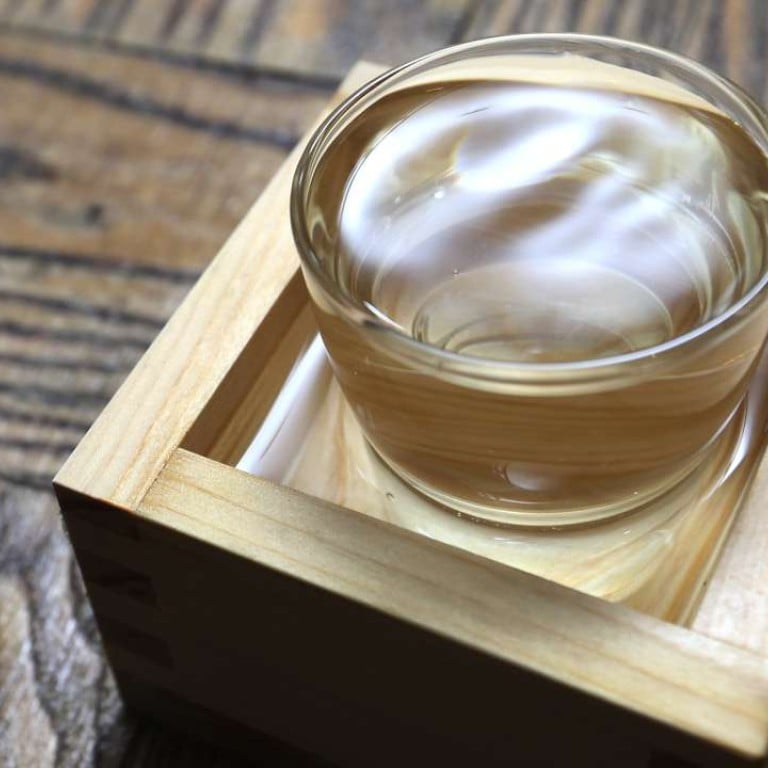
Battle brewing: Japanese and Scottish firms race to produce Britain’s first sake
Two firms - one Japanese and the other Scottish - are in a race to open Britain’s first sake brewery.
The Isle of Arran Brewery, based in Scotland, and family-owned Japanese firm Dojima, based in Osaka, are both vying to be the first to start producing the fermented rice beverage in the UK for the first time.
Dojima Brewery Co is in the process of establishing a brewery and school in Newmarket, Cambridgeshire, while the Isle of Arran Brewery, which already exports beer to Japan, is aiming to open up a similar operation in Dreghorn, North Ayrshire.
Sake experts believe the two new breweries will help raise the drink’s profile in Europe and attract an enthusiastic following.
Gerald Michaluk, managing director of the Isle of Arran Brewery, said: “I was in a local bar on the Isle of Arran and I noticed Japanese whisky on the shelf. And I wondered, if we made a sake, would the bars in Japan stock it?”
After discussions with Japanese distributors he realised the potential.

“The connection with the Scottish whisky industry is our unique selling proposition. We will employ a Japanese brewer using very traditional methods,” he said.
“It has got to be an exceptionally good sake in order for people to buy the second one.”
Michaluk already has planning permission at the Dreghorn site, which is a former school, and the company has produced a number of “pilot” bottles of sake which proved popular with locals.
He will be producing a high-quality J unmai Daiginjo “Scottish No 1” pasteurised sake which uses US rice.
Meanwhile, south of the border, Dojima is investing 9 million pounds in a sake brewery, school, visitor center and bar.
The company is scheduled to start production in February, with the aim of selling 10,000 bottles each year.
Kumiko Hashimoto, public relations and marketing director for Dojima, said the company plans to produce namazake (unpasteurized) sake.

“Namazake is not widely available here. We have had three tasting sessions here and lots of British people preferred the sweeter taste of unpasteurised sake. We hope the sake from Fordham Abbey (the name of the brewery site) will be loved by the local community.”
Michaluk said, “A race is on. But don’t get me wrong, we talk to each other. It’s a friendly rivalry. We both know the potential in this market. We are athletes competing in a race! But I want to be there first.”
Natsuki Kikuya, who promotes sake in Britain, said: “I think it’s great news that sake is going to be produced here. Britain, albeit the top European market, is quite behind the United States, Canada and other Asian countries who are leading the sake culture outside of Japan in terms of volume and revenue.”
“Dojima’s sake won’t be the same as in Japan because the rice and water will be different, but it will be introducing a different drink to the local community.”
“Unpasteurised sake is quite delicate and fragile. It is an extremely fresh and lively drink,” Kikuya said.
“It will also help the brand back home in Japan in order to show people it has international appeal. A lot of Japanese take that as a positive thing.”
The first breweries outside Japan were set up in Hawaii and Brazil to serve Japanese immigrants there.
Since then, other plants have set up in North America and in the 1990s the region saw something of a boom in sake micro-breweries. In Europe, there are only a few, very small sake breweries in Norway and Spain.

